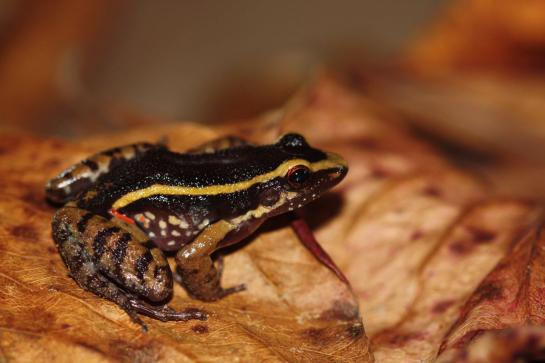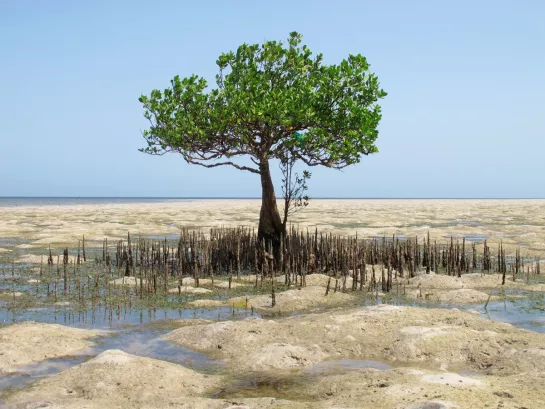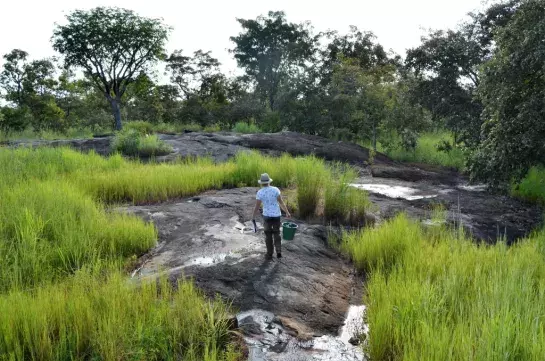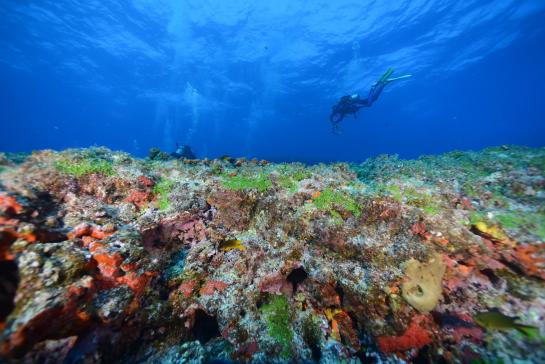




The bDIV research group unites a diverse and complementary group of professors who study ecological and evolutionary questions. The central research focus is biodiversity, at the level of ecosystems, species, traits and genes. These units together shape the biodiversity of our planet and are studied by three different research fields: Ecology, Evolution and Genetics.
Ecology is the science that studies how the environment and species interactions shape global biodiversity patterns and species distributions in global ecosystems. In turn, Evolution explains how the species and their traits studied by ecologists are formed. Finally, Genetics implies the study of the architecture of the underlying genetic code that forms the fuel for evolution by natural selection and ultimately the driver behind the differences between organisms studied by the science of ecology.
We believe that a first major future challenge for biologists is to try to understand feedback mechanisms between the genome studied by geneticists, the populations and species studied by evolutionary biologists, and the interactions between organisms and their environment studied by ecologists.
For instance, it is important to understand how the conditions in ecosystems, which are impacted by anthropogenic activities, are affecting evolutionary trajectories of populations through changes in their genomes. In turn, it is equally important how genetic variation may explain the success of species excluding others which may lead to shifts in the structure of ecosystems.
A second fundamental challenge is to investigate how species, ecosystems and associated ecosystem services will respond to the ongoing and exacerbated pressures of global anthropogenic environmental change, and how such effects may be mitigated.
To engage these challenges, we combine the expertise in these different research fields in a single research group.
Our main research objectives are the following:
- To understand the drivers of biodiversity (genetic diversity, species diversity, functional diversity, ecosystem diversity) to inform better management of biodiversity and ecosystem services
- To understand interactions between ecological and evolutionary processes that steer variation in genomes, organisms and ecosystems.
- To understand the driving forces behind evolution, study the genomic landscapes of different species and explore the role of genetics in adaptation and speciation.
- To quantify the current and foreseeable impact of global environmental change on species and ecosystems.
- To identify leverage points to facilitate a more sustainable use of natural resources.
Composition
The ZAP members included in bDIV consist of geneticists, genomicists, ecologists, and evolutionary biologists. They study different ecosystems and model organisms using different tools and methodologies at different structural levels of organization from molecule to genome to population and ecosystem. Together they combine expertise from marine, coastal, freshwater and terrestrial ecosystems. Most members of bDIV are also active at the interface of ecology and evolution, or the interface of evolution and genetics. They study, for instance, how the biophysical environment shapes the evolutionary trajectories of populations and the genetic architecture of organisms. In turn, they also study how the evolution of traits affects biotic interactions in ecosystems. Often new fundamental knowledge is used to inform conservation and effective management of natural resources (e.g., fisheries, pollinators) or the design of protected area networks.
